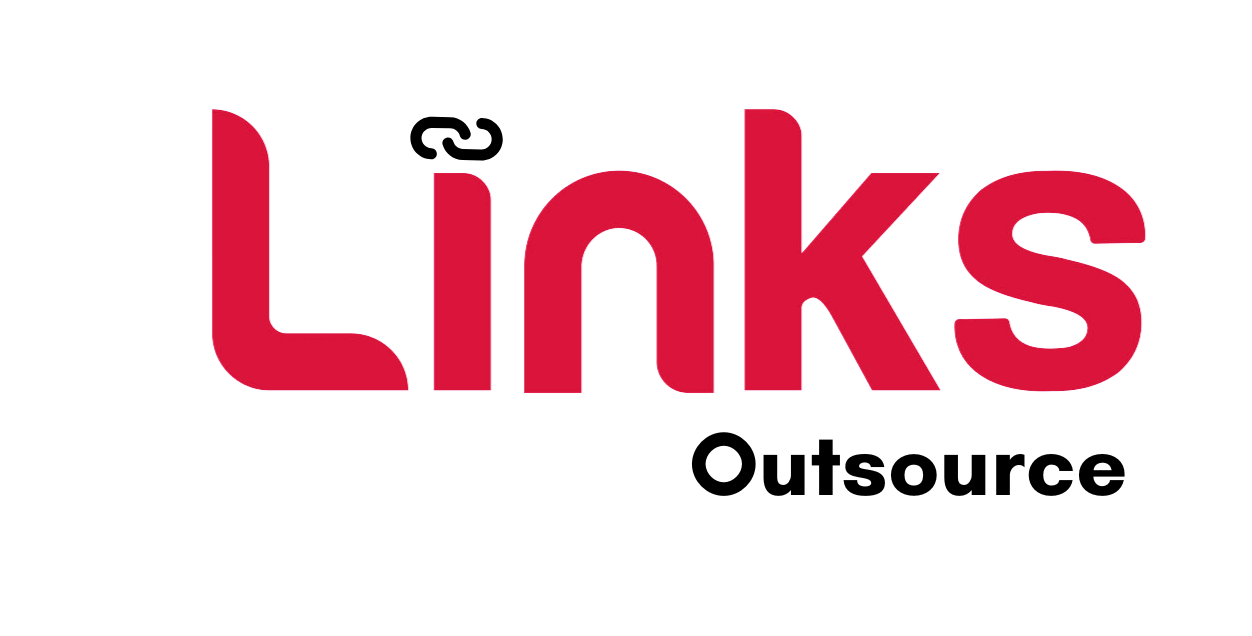As the United Arab Emirates (UAE) continues to establish itself as a global economic powerhouse, the importance of hiring local talent has never been more pronounced. The Emiratization initiative drives businesses to invest in Emirati professionals, aiming to develop a workforce that reflects the nation’s demographics.
However, hiring Emiratis comes with its share of challenges. This blog discusses these challenges and offers practical solutions to overcome them, highlighting how partnering with Links Outsource can facilitate the hiring process.
Understanding Emiratization
Emiratization is a government-led initiative designed to ensure that Emiratis are fairly represented in the workforce, particularly in the private sector. This movement is crucial for economic diversification, reducing dependency on foreign labor, and promoting sustainable growth. However, companies often find it challenging to integrate Emiratis into their workforce.
Common Challenges in Hiring Emiratis
- Skills Gap
One of the primary challenges is the skills gap between the qualifications held by Emiratis and the requirements of the job market. The traditional education system may not always align with the demands of various industries, leading to a disconnect between what employers need and what potential candidates can offer.
- Job Market Competition
The UAE job market is highly competitive. Many expatriates seek opportunities in the UAE, which often leads to a preference for hiring foreign talent with certain skill sets and experience levels. This creates an environment where Emiratis may struggle to secure positions despite their potential.
- Cultural Perceptions and Stereotypes
Cultural perceptions can also influence hiring practices. Some employers may hold preconceived notions about Emiratis’ work ethics or capabilities, which can lead to biases in recruitment. This can deter them from considering Emiratis for positions, regardless of their actual qualifications.
- Inadequate Internship and Training Opportunities
Internship programs and on-the-job training opportunities are crucial for nurturing local talent. However, many organizations do not offer these avenues, which results in Emiratis lacking the practical experience needed to enter the workforce confidently.
- Understanding Local Regulations
Navigating the regulatory landscape related to employment in the UAE can be complex, especially for businesses unfamiliar with Emiratization policies. Companies might hesitate to hire Emiratis due to a lack of understanding of their rights and the benefits of providing training and development opportunities.
- Retention Challenges
Even after successfully hiring Emiratis, retaining them can be a challenge. Many Emiratis seek career growth and professional development opportunities, and if organizations do not provide pathways for advancement, they may lose valuable talent.
Strategies to Overcome Hiring Challenges
- Collaborate with Educational Institutions
Building partnerships with universities and vocational training institutions can help employers understand the educational qualifications of Emiratis. Collaborating on curriculum development can also ensure that training programs align with industry needs. Offering internships or co-op programs will provide Emiratis with valuable hands-on experience while allowing companies to gauge their potential.
- Implement Targeted Recruitment Programs
Creating targeted recruitment programs specifically for Emiratis can help organizations attract local talent. This can include hosting job fairs, engaging with local communities, or offering pipeline programs that cater to young Emirati graduates. Tailoring recruitment strategies will not only increase the number of applicants but also enhance the quality of candidates.
- Promote an Inclusive Company Culture
Emphasizing inclusivity within the workplace can help dispel negative stereotypes and create a conducive environment for Emiratis to thrive. Organizations should develop diversity and inclusion training programs to educate employees about cultural sensitivities and biases. Encouraging collaboration among Emiratis and expatriates can foster understanding and strengthen workplace dynamics.
- Create Comprehensive Training and Development Programs
Establishing robust training and development programs is vital for addressing the skills gap. Companies should invest in continuous professional development initiatives to help Emiratis grow their skill sets and gain the necessary qualifications for career advancement. Mentorship programs that pair Emirati employees with experienced professionals can further bridge the gap between education and practical experience.
- Simplify the Recruitment Process
To attract Emirati talent, organizations should streamline their recruitment processes. Simplifying application procedures and ensuring responsiveness during recruitment can create a positive candidate experience. Transparent communication about job expectations and career advancement opportunities will also encourage Emiratis to apply.
- Understand Emiratization Regulations
Organizations need to comprehend the nuances of Emiratization regulations. By ensuring compliance with local laws, companies can mitigate risks while benefiting from government incentives designed to encourage the hiring of Emiratis. Working with an HR consultant who specializes in Emiratization can provide valuable insights, ensuring organizations align their hiring practices with regulatory requirements.
Engage with Links Outsource
Outsourcing human resources functions can be a game-changer for companies looking to hire Emiratis. Partnering with outsourcing services brings numerous advantages, including:
- Expertise in Local Recruitment: Links Outsource often have a deep understanding of the local job market and the specific challenges of hiring Emiratis. They can help identify appropriate recruitment strategies and tailor job descriptions to attract Emirati talent more effectively.
- Access to Technology and Tools: Links Outsource utilize advanced recruitment technologies such as Applicant Tracking Systems (ATS) and data analytics tools. These technologies can enhance the recruitment process by streamlining applications, improving candidate tracking, and facilitating better communication.
- Training and Development Programs: Links Outsource often have established training programs tailored to the needs of Emirati candidates. They can provide insights into skills development and recommend resources to help Emiratis gain the necessary qualifications and experience required by employers.
- Understanding Emirati Culture: Links Outsource well-versed in local culture can help companies navigate the nuances of Emirati employment practices. They can advise on appropriate interview techniques, effective onboarding practices, and ways to create a welcoming workplace culture that resonates with Emirati employees.
- Compliance and Regulatory Support: Links Outsource understand the complexities of Emiratization policies and other local regulations. They can help ensure that recruitment and employment practices comply with the legal framework, minimizing risks associated with hiring Emiratis.
- Continuous Support: The engagement with Links Outsource doesn’t end once a candidate is hired. They can assist with retention strategies, career development programs, and employee engagement initiatives that specifically address the needs of Emiratis in the organization.
Conclusion
Hiring Emiratis presents significant opportunities and challenges for multinational companies operating in the UAE. While the Emiratization initiative aims to create a balanced workforce that reflects the local population, companies must recognize and address the hurdles that come with this goal.
By implementing targeted strategies, such as collaborating with educational institutions, creating inclusive company cultures, and simplifying recruitment processes, companies can enhance their efforts to hire Emirati talent. Furthermore, partnering with Links outsource HR services provides the expertise and resources necessary to navigate the complexities of local regulations and recruitment practices effectively.
The successful integration of Emiratis into the workforce not only contributes to the UAE’s long-term economic diversification but also enriches organizational culture and fosters a sense of community. As businesses strive for success in this vibrant market, prioritizing Emirati talent and addressing the challenges of hiring will be key to building a sustainable, diverse, and competitive workforce.


